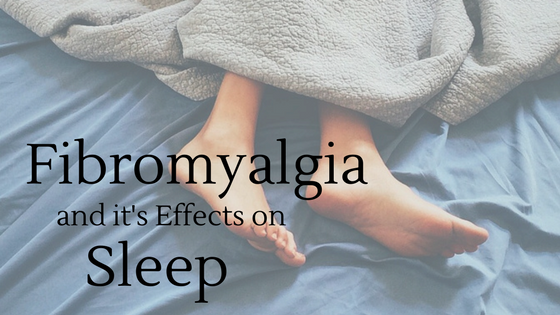According to the National Institute of Arthritis and Musculoskeletal and Skin Diseases, fibromyalgia is a rheumatic disease that causes muscle pain, stiffness, and fatigue. People with fibromyalgia commonly report pain and tenderness throughout the body, sleep problems, and chronic daytime fatigue.
A good night’s sleep is hard to come by for people who suffer from fibromyalgia. According to the Sleep Foundation, the combination of muscle pain and sleep problems is a catch-22: the pain makes sleeping comfortably difficult and sleep deprivation makes the pain even worse. If you have fibromyalgia, there are quite a few symptoms that may occur if you’re not getting enough sleep.
Insomnia
If you’re in constant pain, it can be hard to think about anything else but the pain. If your brain is constantly abuzz, it can be hard to turn your brain off to to get to sleep. This may be a sign of insomnia, which is the inability to either fall asleep or stay asleep and is actually very common for people who suffer from fibromyalgia!
Disturbance in Sleep Patterns
By far, the biggest effect fibromyalgia has on sleep is the sleeping pattern of its sufferers. Many claim that no matter how much they sleep, it feels like they didn’t sleep at all. This is because they don’t get as much deep sleep, or REM sleep, as their non-suffering cohorts do. REM sleep is the most important part of the sleep cycle because it’s the most restorative stage of sleep. In this stage, the body repairs and regrows tissues and builds bone and muscle — two aspects of healing that are important for fibromyalgia sufferers!
Unfortunately, people with fibromyalgia frequently don’t get to that stage of deep and restorative stage of sleep, but get lighter stages of sleep instead. They also have more frequent arousals during the night than others, which overall, causes them to not get enough sleep.
In an interview to the National Pain Report, “At this point, there are a lot of mysteries about why fibromyalgia patients don’t sleep well, why they’re fatigued and what causes this, but unfortunately the findings we do have don’t tell us very much about what to do about getting deeper sleep,” said Dr. Karl Doghramji, director of the Jefferson Health Sleep Disorders Center in Philadelphia, in an interview to the National Pain Report.
Loud Environments Can Intensify the Pain
Do you live in a city where you frequently hear honking and sirens? Trying to sleep in a loud environment can actually intensify your pain because the sounds induce stress and frustration. If you live in a loud environment, try having some white noise in the background like a fan or a sound machine.
Dr. Micha Abeles has done extensive research on fibromyalgia. He laid the groundwork by conducting the first study that was able to fully define the disease, and was the co-author of a 1990 fibromyalgia criteria paper titled “Fibromyalgia: Syndrome definition, measures and criteria items.” Micha Abeles has also done additional studies on fibromyalgia, which resulted in 37 publications, book chapters and national presentations.

